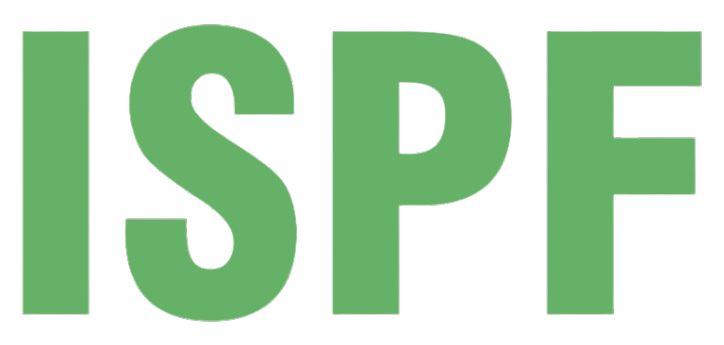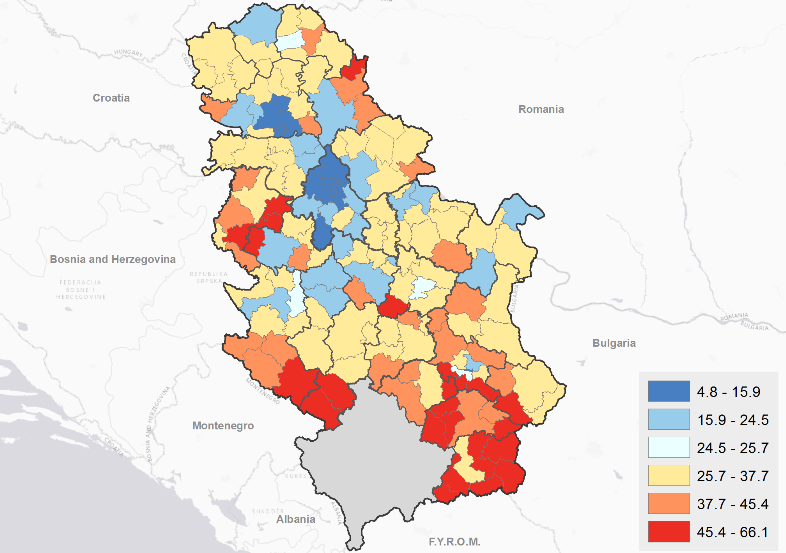Average farm size in Serbia in hectares, 2.7 less than the EU average.
Price range in euros for live pigs due to African Swine Fever outbreak.
%
Percen of rural Population Affected.
Number of farms closed due to African Swine Fever, severely impacting rural livelihoods.
Welcome to the ISPF initiative, a transformative collaboration designed to address the challenges faced by small-scale farmers in Serbia through the power of data-driven innovation. Our mission is to enhance agricultural resilience, improve livestock health, and empower farmers with AI-driven tools tailored to their unique needs.
Serbia’s agriculture, characterized by small and fragmented farms, struggles with rural poverty, outdated practices, and vulnerability to market and disease outbreaks. By leveraging cutting-edge AI and data science, we aim to bridge this gap, offering solutions like disease outbreak modeling, personalized decision support, and robust risk mitigation strategies.
Partnering with the University of Kragujevac and Queen’s University Belfast, our activities include farm visits, collaborative workshops, and knowledge exchange sessions to ensure practical and impactful solutions. These efforts directly contribute to poverty alleviation and capacity building, addressing critical challenges faced by rural communities.
Through this initiative, we aspire to foster sustainable development, create a blueprint for future interventions, and build a foundation for larger-scale projects. Together, we can revolutionize agriculture in Serbia and beyond, promoting economic growth and food security for all.
Stay connected as we work to transform challenges into opportunities.
Economic Inequality and Rural Poverty
Serbia’s rural communities face persistent economic disparities, with small-scale farmers trapped in cycles of poverty. These farmers, managing fragmented farms averaging just 5.4 hectares, often lack access to modern resources, limiting productivity and market competitiveness. This issue exacerbates rural-urban divides and undermines long-term sustainability. Our project aims to empower farmers through AI-driven decision tools, promoting efficient practices, increased yields, and economic resilience, directly improving livelihoods and reducing inequality.
Disease Vulnerability in Livestock
Outbreaks like African Swine Fever devastate Serbia’s livestock sector, particularly smallholder farmers, leading to severe economic losses and threatening food security. Limited disease prediction and management capacity exacerbate these challenges. By leveraging AI and data modeling, our project identifies high-risk regions, predicts outbreaks, and provides actionable disease mitigation strategies. This approach safeguards farmer livelihoods and strengthens agricultural resilience, ensuring a stable supply chain and better preparedness for future challenges.
Economic Inequality and Rural Poverty
- Food and Agriculture Organization of the United Nations. “Family Farming Knowledge Platform: Serbia.” Link
- The MDG Achievement Fund. “Serbia | MDG Fund: Rural Poverty and Development.” Link
- Hartvigsen, M. “Land Consolidation and Rural Development in Central and Eastern Europe.” FAO. Link
- Serbian Ministry of Agriculture. “Agriculture and Rural Development in Serbia.” [Government Report]
- World Bank. “Transforming Agriculture to Reduce Rural Poverty: The Serbian Context.” Link
Disease Vulnerability in Livestock
- Food and Agriculture Organization of the United Nations. “African Swine Fever: A Global Threat to Livestock.” Link
- European Commission. “Animal Health in Serbia: Challenges and Opportunities.” [Policy Brief]
- OECD. “Livestock Disease Management and Economic Resilience in Serbia.” [Report]
- Ministry of Agriculture, Forestry, and Water Management, Serbia. “African Swine Fever Updates and Policy Responses.” [Government Release]
- Raboisson, D., et al. “Economic Impact of Livestock Diseases on Small Farms: A Global Perspective.” Journal of Veterinary Medicine and Research, 2021.


